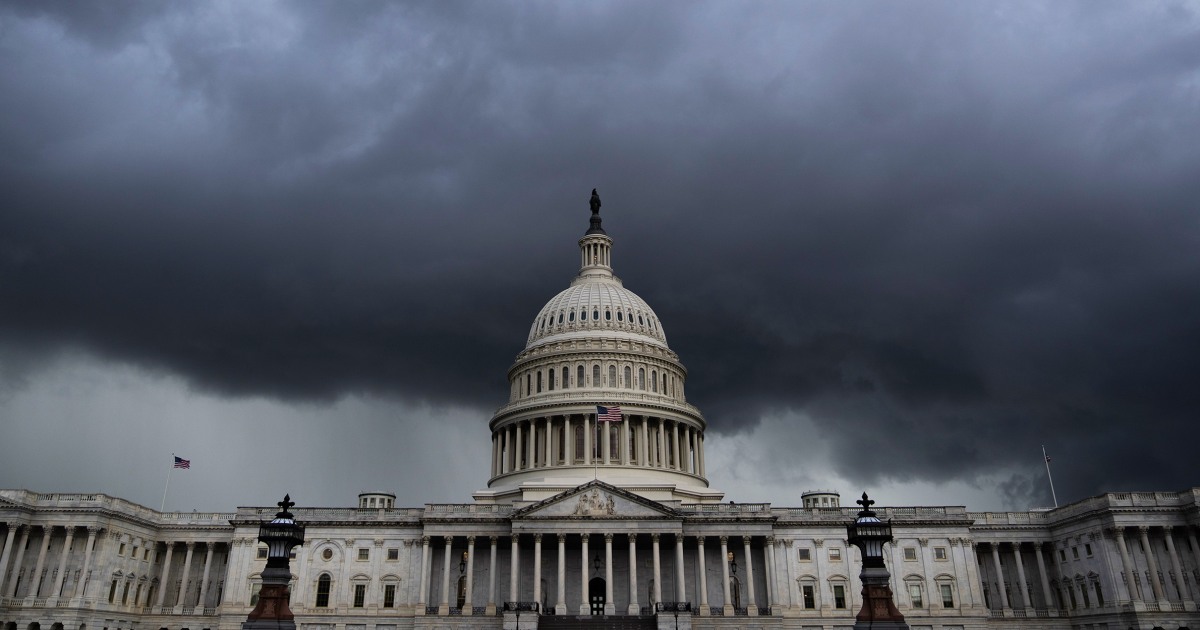Congress has little time to avoid a government shutdown that is set to begin at 12:01 a.m. on Oct. 1. They are nowhere near an agreement.
After a six-week summer recess, lawmakers return to the Capitol on Monday facing a changed political landscape but a vexing, very familiar problem: figuring out how to avert a shutdown.
They have just three weeks to do so. Funding for the government runs out at the end of the fiscal year on Sept. 30, and former President Donald Trump is urging Republicans to force a shutdown unless certain demands are met. A shutdown would close federal agencies and national parks, while limiting public services and furloughing millions of workers just weeks before the election.



The long recesses aren’t fundamentally bad. In fact, there is an argument that they are a good thing. Because East Coast representatives can go home every night whereas West Coast are basically trapped in DC. Which means West Coast representatives are more likely to “compromise” during marathon sessions because they want to go home.
And a good representative actually talks to their constituents during those breaks.
But yeah. Government shutdown should very much be “You are here until it is resolved” with no pay for the representatives.